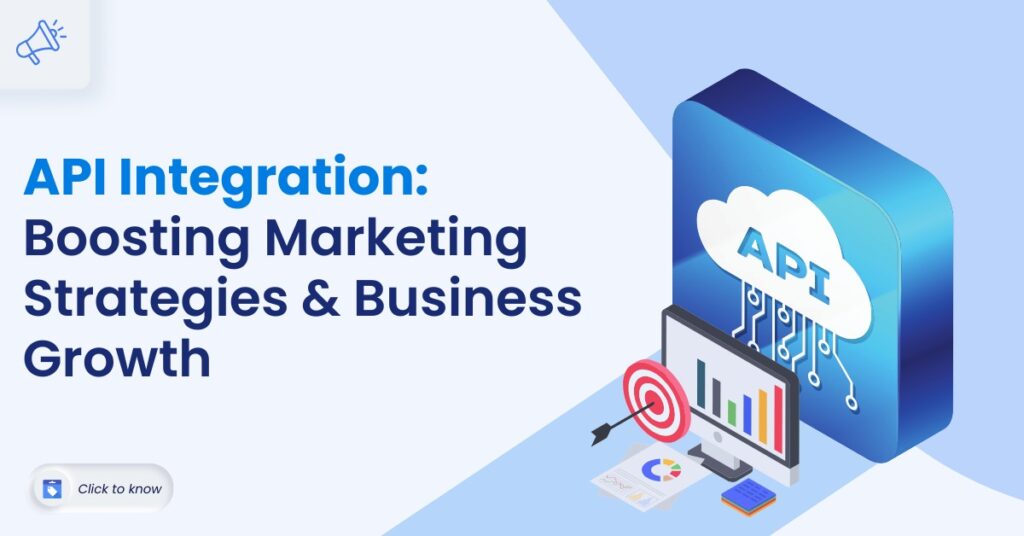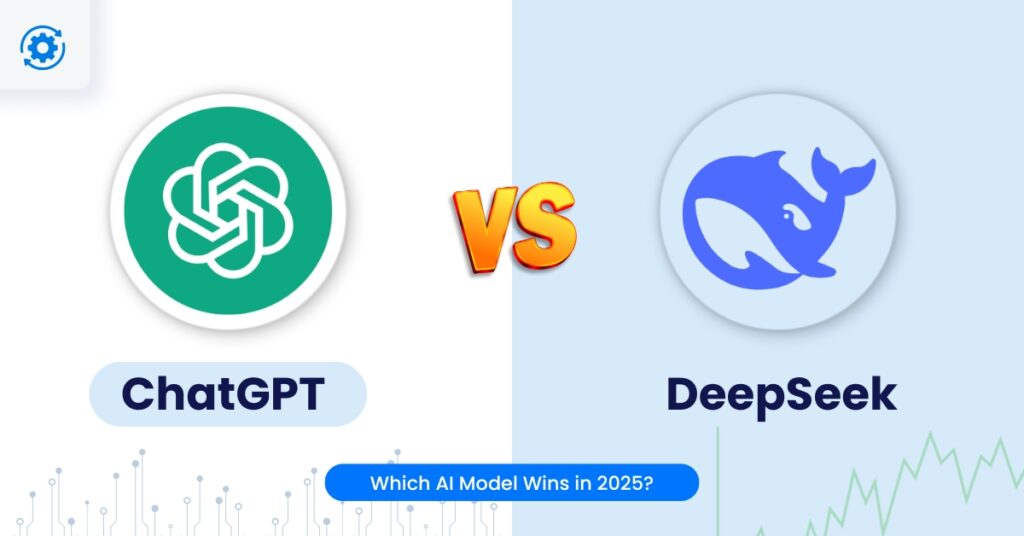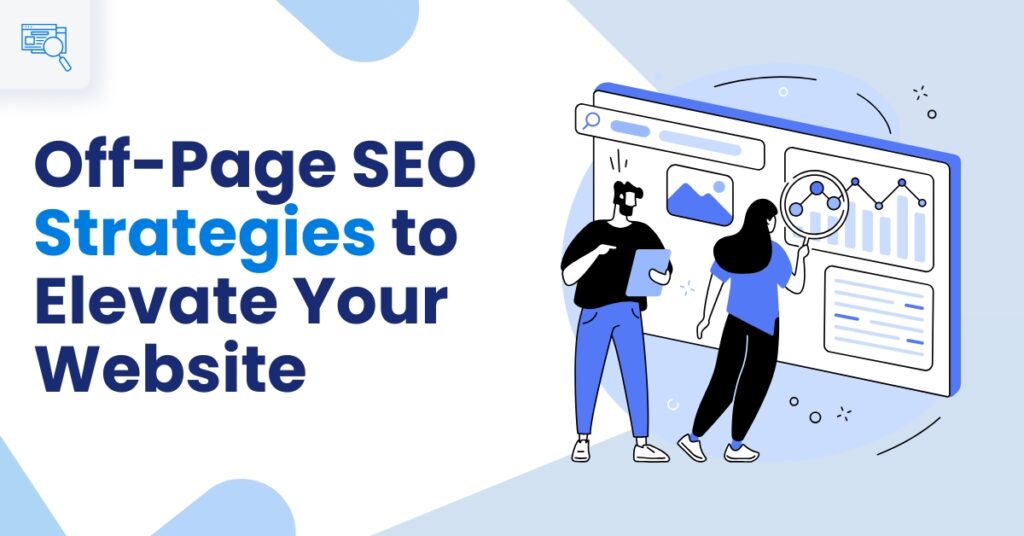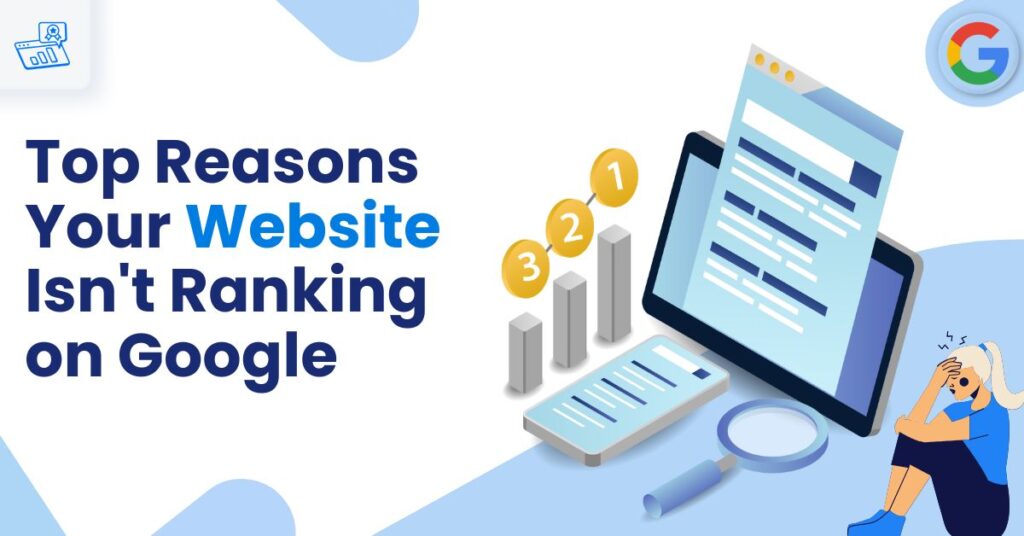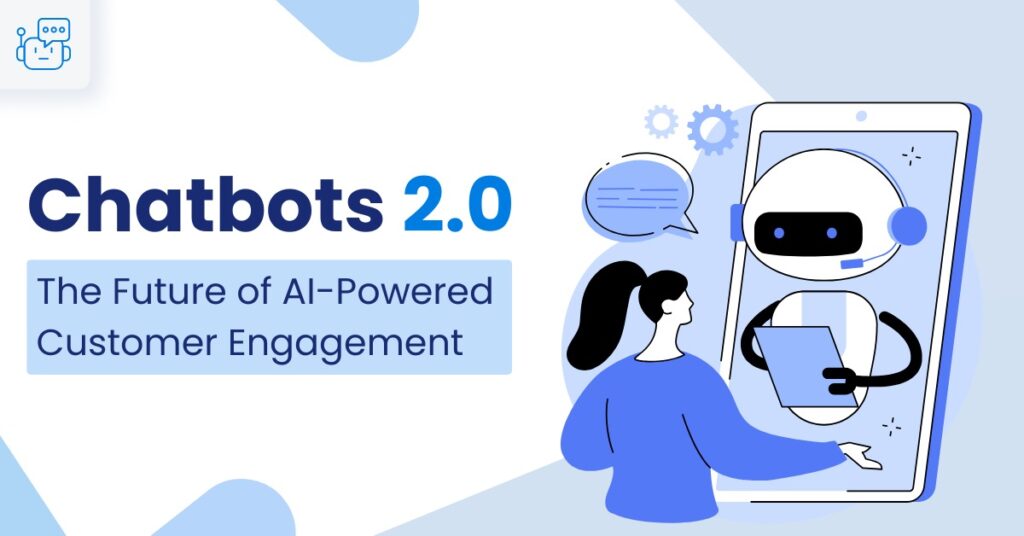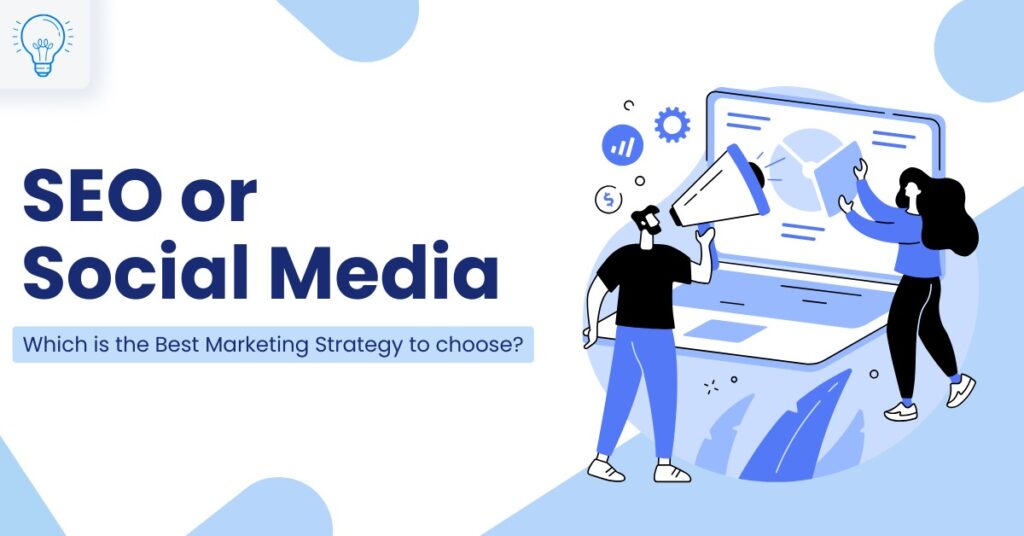In today’s interconnected digital landscape, businesses rely on seamless data exchange and system integration to stay competitive. At the heart of this technological ecosystem lies a crucial component of the API (Application Programming Interface).
An API is a collection of protocols, routines, and tools that allow software applications to communicate with each other. In business operations, APIs play a vital role in facilitating data exchange and process automation. By leveraging APIs, companies can streamline their operations, improve data accessibility, and drive innovation in their products and services.
What is API Integration?
API integration allows different software systems to connect and share data seamlessly. It enables various applications to collaborate, share functionality, and create more advanced solutions. This integration is essential for businesses seeking to streamline their operations and boost efficiency.
Common APIs used in marketing and business operations include:
- Google Ads API: Enables developers to interact directly with the Google Ads platform.
- Facebook Ads API: Allows businesses to create applications for promoting products and services.
- Salesforce API: Facilitates data integration, eliminating manual data entry and reducing error risks.
- MailChimp API: Provides an easy way to aggregate email marketing data and manage campaigns.
- Google Analytics API: Offers advanced methods to access analytics data for ROI analysis.
These tools allow businesses to manage campaigns, analyse data, and automate various marketing tasks effectively.
Benefits of API Integration
- Enhanced data connectivity and automation: APIs enable repetitive tasks to be automated, reducing human error and freeing up resources for more complex tasks.
- Improved efficiency and accuracy: By automating communication between systems, businesses can save time and resources while increasing accuracy in their marketing efforts.
- Scalability and adaptability: API integration allows companies to easily scale their systems and add new features, helping them adapt quickly to market changes and increasing customer demands.
How API Integration Boosts Marketing Strategies
- Data-Driven Marketing
APIs facilitate real-time data collection and analysis from multiple sources, enabling marketers to make informed decisions and personalise campaigns. For instance, integrating CRM systems with marketing platforms allows businesses to create targeted campaigns based on customer behaviour and preferences.
The Microsoft Business Central Consultant enables businesses to collect and analyse real-time data from various platforms, providing a comprehensive view of audience behaviour. This helps marketers optimise campaigns and personalise marketing messages that resonate with their target audience.
- Enhanced Customer Experience
API integration allows businesses to offer personalised services and recommendations based on comprehensive customer data. By connecting CRM systems with customer support platforms, companies can provide more efficient and personalised customer service.
Integrating e-commerce platforms with marketing tools through APIs enables businesses to offer accurate personalised product recommendations and promotions based on customer preferences and purchase history, significantly enhancing the overall customer experience.
- Automation and Efficiency
APIs automate repetitive marketing tasks, such as sending personalised emails based on customer behaviour or managing social media posts across multiple platforms. This automation improves marketing efforts’ efficiency, consistency, and accuracy.
Marketers can now focus more on strategy and creativity, as APIs handle tasks like scheduling posts, monitoring engagement, and analysing performance across multiple social media platforms from a single dashboard.
- Real-Time Analytics and Insights
API integration provides access to real-time data and analytics, enabling quick decision-making and strategy optimisation. Marketers can monitor campaign performance, adjust strategies on the fly, and identify new growth opportunities based on up-to-the-minute insights.
This real-time data helps businesses stay on track to achieve their growth objectives by allowing them to make rapid decisions based on current market trends and campaign performance.
API Integration for Business Growth
- Streamlined Operations
By automating data sharing between systems, API integration significantly reduces manual work and human error. This streamlining leads to faster response times, quicker decision-making, and overall improved efficiency across business operations.
API integration also allows businesses to manage multiple marketing operations from a single interface. Marketers can now manage campaigns, track performance, and analyse results from one centralised platform, enhancing overall productivity and effectiveness.
- Scalability and Flexibility
As businesses grow, they often need to integrate new platforms and tools into their existing systems. API integration makes this process seamless, allowing new software to communicate with existing systems without extensive reconfiguration. This flexibility enables businesses to adapt quickly to evolving market conditions and customer demands.
The scalability offered by API integration is crucial for businesses looking to expand their operations or enter new markets. It allows them to easily incorporate new tools and platforms as needed, ensuring sustainable growth and competitiveness.
- Innovation and Competitive Advantage
API integration enhances collaboration between marketing teams and other departments, fostering innovation and improving product development. It also allows businesses to collaborate more effectively with external partners, such as distributors and suppliers, encouraging constant improvement and maintaining a competitive edge in the market.
By facilitating the sharing of data and streamlining processes, API integration creates an environment conducive to innovation. This collaborative approach helps businesses stay ahead of market trends and continually improve their products and services.
- Cost Efficiency
API integration can lead to significant cost savings for businesses. By reducing the need for manual labour and minimising errors, companies can allocate their resources more efficiently. Additionally, leveraging existing tools and platforms through API integration can reduce expenses associated with custom software development.
Conclusion
By leveraging API integration in your marketing strategies, you can unlock new levels of efficiency, personalization, and data-driven decision-making. This powerful approach will help you stay ahead in the competitive digital landscape and drive sustainable business growth.
Ready to revolutionise your marketing strategy with API integration? Connect with us today at info@gravitasin.com and discover how our expert team can tailor innovative digital marketing solutions to your unique business needs. Let’s harness the power of APIs together and redefine your marketing strategy for unparalleled success.
Stay informed about the latest trends in digital marketing, API integration, and performance marketing by continuing to explore our insightful blogs.
Transform your marketing efforts and drive exceptional results with API-powered strategies. Contact the best digital marketing agency now to take the first step towards a more connected and efficient marketing ecosystem!

